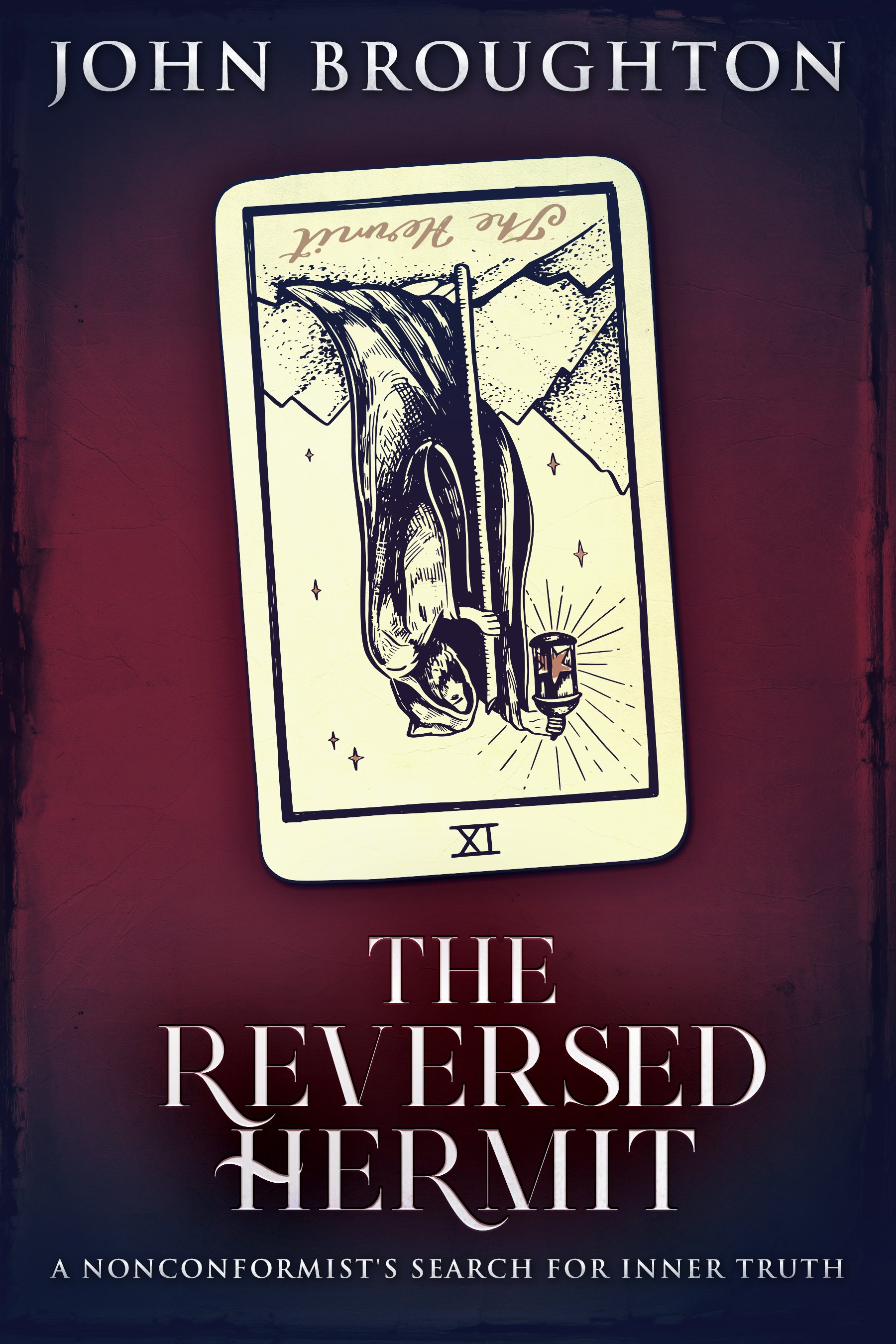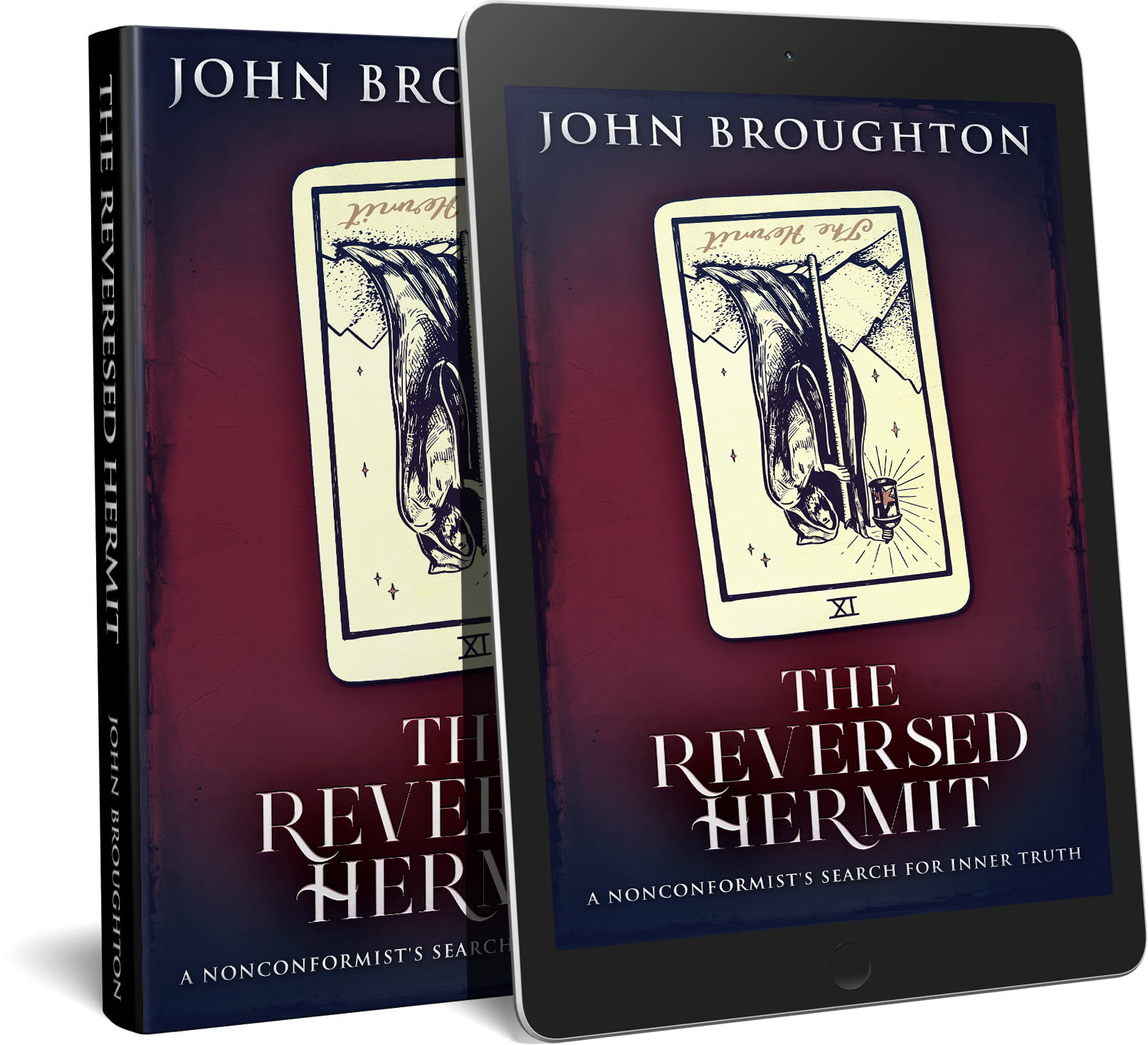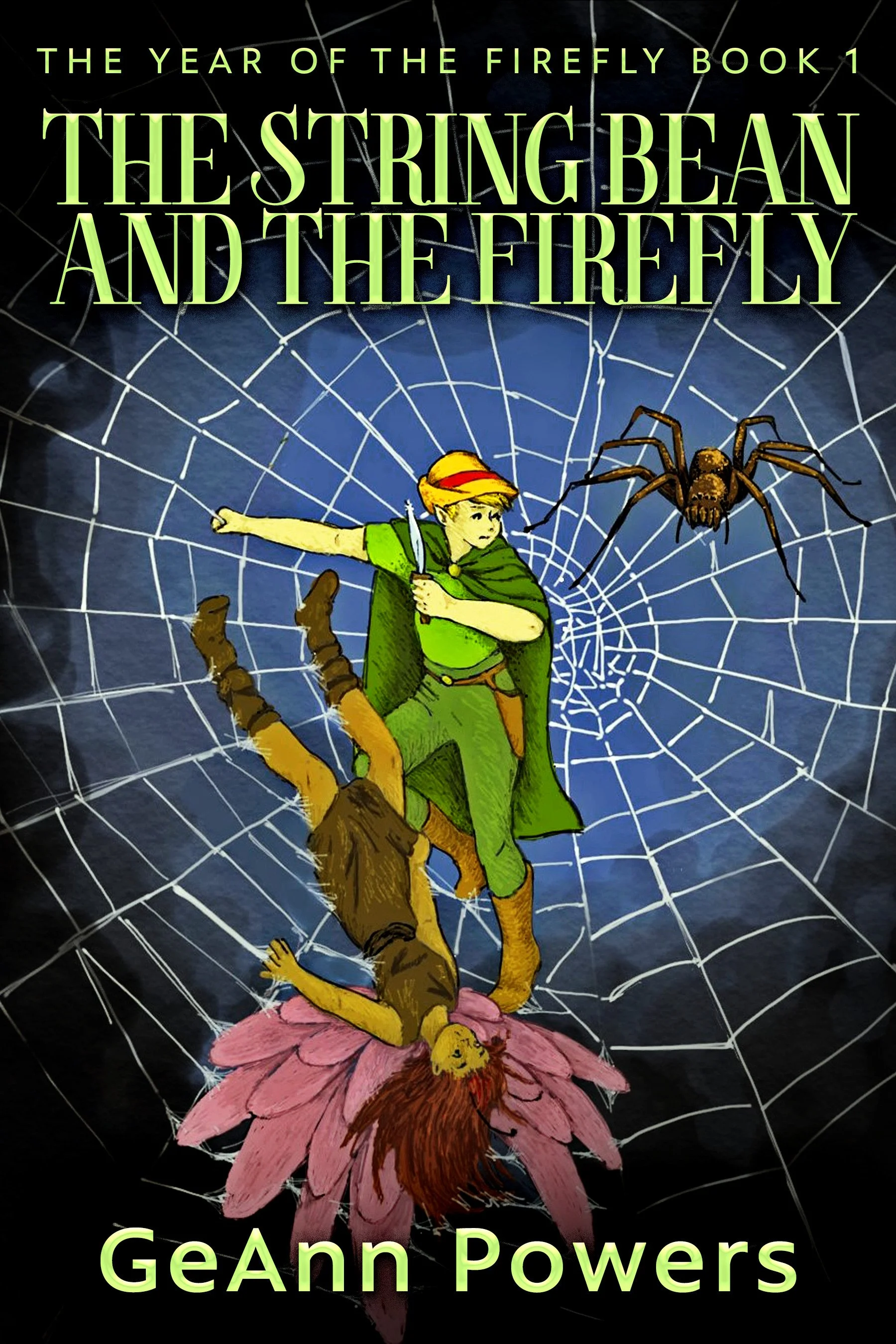The Reversed Hermit: A Nonconformist's Search For Inner Truth - John Broughton
The Reversed Hermit: A Nonconformist's Search For Inner Truth by John Broughton
Book excerpt
The hermit became a celebrity although that was the last thing he sought. It is an inescapable fact that celebrities engender speculation. In the town below his hillside, scarcely a day went by without somebody debating whether he was a madman or a wise man. The townspeople had a problem with his sitting there overlooking them. He was not encroaching on private property, scarring the landscape or polluting it. The matter was not so tangible but more a question about his thinking for himself. They feared that his conclusions were neither the same as theirs nor compatible with their beliefs. This tended to concern everyone in an unthought-out kind of way. It posed the issue of normality.
Of all introspective questions, the spikiest is what is normality? The hermit was convinced he knew the answer, and didn’t like what he observed. Most townsfolk had shelved their ability to contemplate but, if pressed, they might have answered routine or regularity, but those concepts for some of the teenagers, fruit of their loins, were second only to death. On closer examination, worse than those two much-lauded virtues, the 21st-century world around them offered confusion, pandemics, wars, greed, deception and downright evil, mixed with a sprinkling of charity, bonhomie and religion, and not everyone bought into this normality. Many wished to escape from the world but didn’t find it easy. Some found suicide more accessible than summoning the courage to become a self-sustaining hermit.
But returning to speculation, in one corner of The White Harte public house in the town centre sat four friends, hearty ale drinkers. Their conversation centred on the recluse.
“I say he’s stark, staring bonkers,” said a muscular fellow. His knotted tattooed forearm, vaunting a red and blue writhing dragon, rested on the table, terminating in a large hand grasping a pint glass. A respected plasterer by trade, Jason Andrews was a man whose point of view was usually esteemed in this company. His companions were a cobbler, a car salesman and a butcher, none of whom felt like challenging the shaky foundations of his opinions. “Well, it stands to reason. Only a nutter would go and live up in the woods, away from civilisation. What happens when it snows? I mean, it’s all right up there on a hot day like today. It’s cool by the stream up there. But what about January and February? What if he catches a cold?”
“He’ll come running down here, that’s what. He’ll probably spread his germs somewhere warm, like in the shopping centre or the public library,” growled Evans the butcher, looking decidedly cross. “I’ll bet he’ll be sticking his hand out for money so that he can buy medicine for his ailments.”
“Or to get himself a square meal. I mean, what does he live on up there? If he’s clever enough, berries and roots and fish,” said Matt, the taciturn maker and repairer of shoes.
Gilbert Brown, the car salesman, stared into his beer. He felt that his companions might be misjudging the hermit. Not that he knew much about him, except hearsay. So he murmured: “He’s probably fitter than us with our beer bellies, and it’s likely he doesn’t catch colds because he’s not softened like us by central heating. And I’ve never seen him begging like those wastrels on the dole.”
“Speak for yourself, Bert,” beamed Walter Evans, slapping his beer belly. This is all muscle!” This provoked a gale of laughter. “Well, at any rate, there’s good money gone into it!” His pleasant rubicund face glowed with mirth.
“Let’s be serious for a minute, chaps,” Gilbert said primly, reflecting his somewhat formal nature as he peered over his silver-rimmed spectacles. “We don’t know anything about him, do we? I, for one, would like to know where he’s from? But most of all, what makes him tick. Why has he chosen his lifestyle? How does he get by from day to day?”
“What makes the silly sod tick? You’ve got to be joking, Bert. You can’t reason with a nutcase. Maybe we should get the social services on to him for his own good. They could put him in a psychiatric ward. At least he’d get a few square meals on the National Health,” Jason said.
“Bloody hell, mate.” Matt stared at the plasterer, his wrinkled face suddenly acquiring more worry lines. “We don’t live in a police state. This is a free country, so if a bloke wants to go and experience the wild, I say good luck to him. He’s not doing you any harm, is he?” And that was a long speech from a man of few words.
“Naw, I suppose not, but what if he gathers followers? There could be a tribe of them up there. Then what? We wouldn’t be able to go for a Sunday picnic.”
“Hang on! Just how many Sunday picnics did you go for up there this last year?” Walter asked, the scorn in his voice contrasting strongly with his general good nature.
Jason looked confused and swigged at his ale. “Well, none, to be honest, but I might have wanted to.”
“Just listen to yourself; you make more sense when you’re plastered.”
“Here, watch it, Walt!” Jason’s eyes flashed. “You think you’re bloody clever, but you needn’t worry. In case you haven’t noticed, I buy my frigging meat from you for my barbecue. It’s just that I cook it on our patio, not up in the woods. But I might want to take it up there one day without being bothered by a tribe of bloody hermits.”
“I think this conversation has gone off the rails, chaps,” spoke the voice of reason, in the shape of the car salesman. “We’re talking about one poor soul who’s chosen an alternative lifestyle, not a tribe of madmen. I repeat that we should find out what makes him tick.”
“Go up there and ask him,” the plasterer said resentfully.
“We could draw lots,” Gilbert said, “or toss a coin.”
“Coins have a head and a tail, not four options. You can’t do it fairly because of percentages,” Walter pointed out.
“Yes, I can. What would you call, Walt?”
“Heads, I always do.”
“Me, tails,” Jason said, just to be contrary.
“You, Matt?”
“Heads.”
“Fine, so I’ll be tails and straight away we eliminate two.” He took a coin out of his pocket, and flicked it. It came down, and he caught it and slapped it on to the back of his hand. “Heads,” he declared. “That means Matt and Walt don’t go up there. So, it’s between you and me, Jason. What’s your call this time?”
“I’ll stick with tails, and it had better bloody well come down tails!”
It did, somewhat to Gilbert’s relief, even if it meant his having to climb the hillside the following day, which happily chanced to be Sunday so that he wasn’t at work. The weather forecast was fine, so he’d enjoy a ramble up the fells. He was relieved that the hermit wouldn’t be challenged by Jason’s pig-headed prejudices. For his part, Gilbert had spoken honestly. He wanted to know what makes a sane man – assuming the hermit was sane – abandon the comforts of civilisation. That was something he, Gilbert Brown, with his C-Class Mercedes and four-bedroomed detached house with a Jacuzzi could not contemplate or begin to understand.
When he stood to leave for home – he made a point of being punctual for dinner with his wife and two children – he said: “Right then, lads, see you tomorrow evening. I’ll report back on our local personage.”
After he had left, Jason said spitefully: “It’s all right for some. He thinks he’s so bloody superior because he sells Jaguars and Range Rovers and lives in a house with a garden big enough to be a friggin’ public park.”
“Bert’s decent enough,” Walter said. “And he’s good at his job. People come from miles around to buy their cars from him. There must be a reason. He’s always been straight up with us, you’ve got to admit.”
“Yeah, I suppose. Rather him than me trudging up there to talk to the headcase.” That was how the smirking Jason ended their conversation before they drank up and set off home. He enjoyed having the last word, but he continued to think about the fool on the hill. He hummed the Beatles’ song of that name to himself, but it had never occurred to Jason to check out the meaning of the lyrics.














Praesent id libero id metus varius consectetur ac eget diam. Nulla felis nunc, consequat laoreet lacus id.